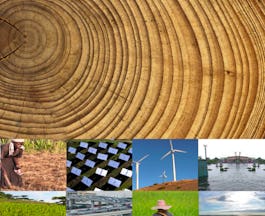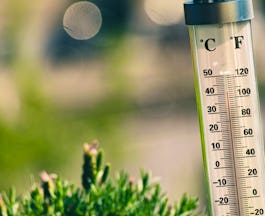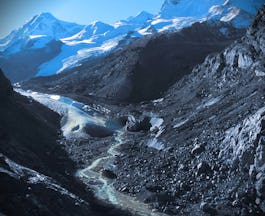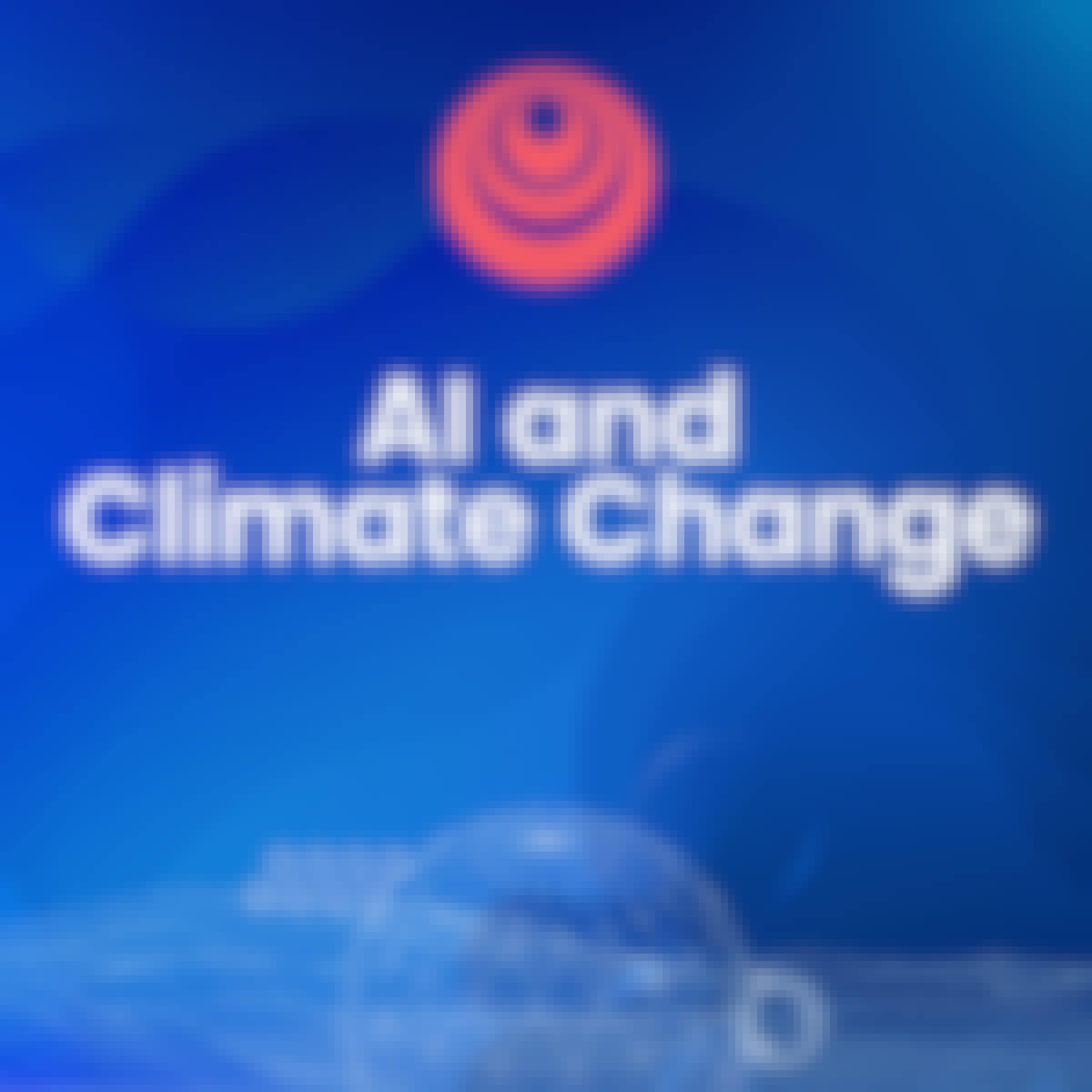Filter by
The language used throughout the course, in both instruction and assessments.
Choose the Global Warming Course That Aligns Best With Your Educational Goals
 Status: Free
Status: FreeThe University of Chicago
 Status: Free
Status: FreeThe University of Chicago
Skills you'll gain: Programming Principles
 Status: Free
Status: FreeThe World Bank Group

The University of Edinburgh

University of Colorado Boulder
Skills you'll gain: Forecasting
 Status: Free
Status: FreeUniversity of Geneva
Skills you'll gain: Risk Management

DeepLearning.AI
Skills you'll gain: Artificial Neural Networks, Computer Vision
 Status: Free
Status: FreeUniversity of Maryland, College Park
Skills you'll gain: Cyberattacks, Human Computer Interaction, Network Security, Security Engineering, Security Strategy, Computer Security Models, Leadership and Management, Risk Management, Software Security, Critical Thinking
 Status: Free
Status: FreeUniversity of Alberta

University of Illinois at Urbana-Champaign
 Status: Free
Status: FreeUniversity of Colorado Boulder
 Status: Free
Status: FreeErasmus University Rotterdam
Skills you'll gain: Entrepreneurship, Innovation
Searches related to global warming
In summary, here are 10 of our most popular global warming courses
- Global Warming I: The Science and Modeling of Climate Change: The University of Chicago
- Global Warming II: Create Your Own Models in Python: The University of Chicago
- From Climate Science to Action: The World Bank Group
- Climate Change: Carbon Capture and Storage: The University of Edinburgh
- What is Climate Change?: University of Colorado Boulder
- Climate Change and Water in Mountains: A Global Concern: University of Geneva
- AI and Climate Change: DeepLearning.AI
- Cybersecurity for Everyone: University of Maryland, College Park
- Mountains 101: University of Alberta
- Energy, Environment, and Everyday Life: University of Illinois at Urbana-Champaign










